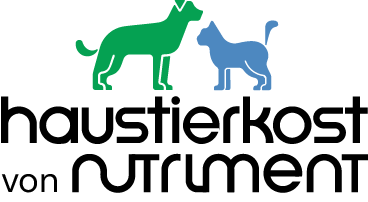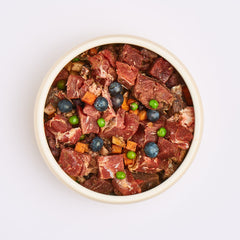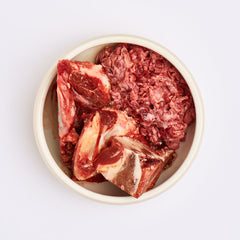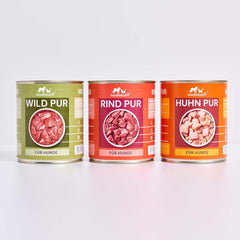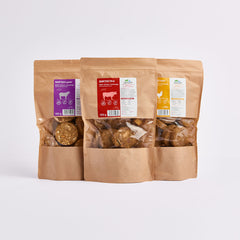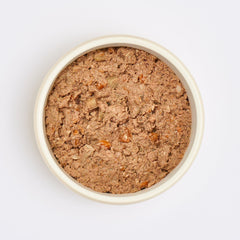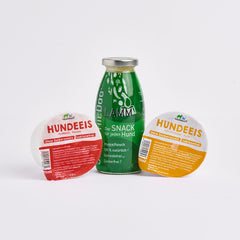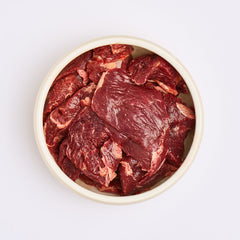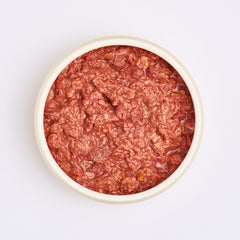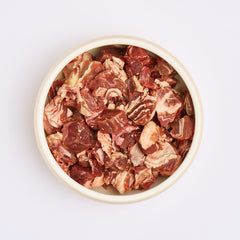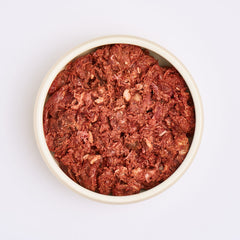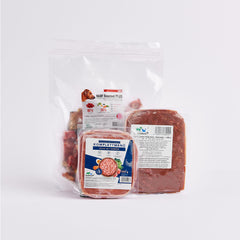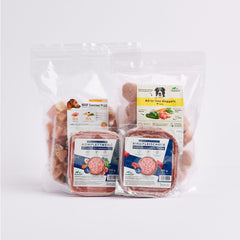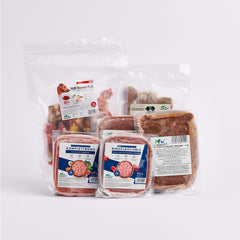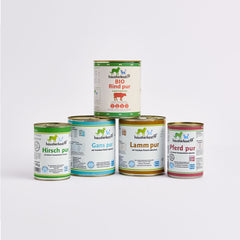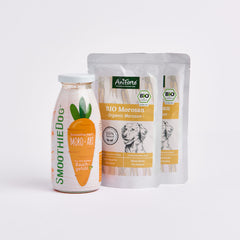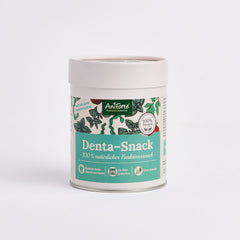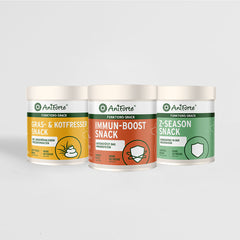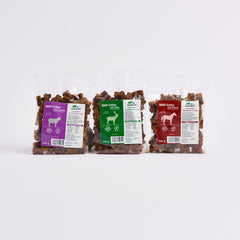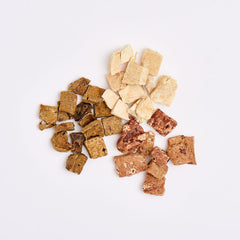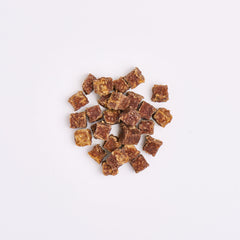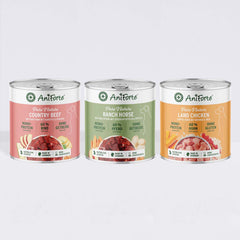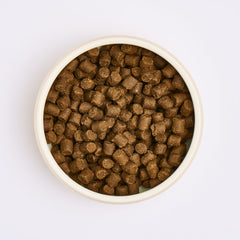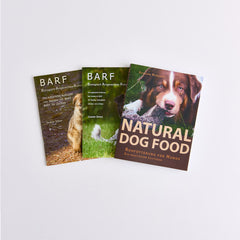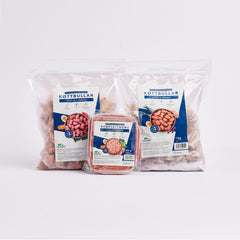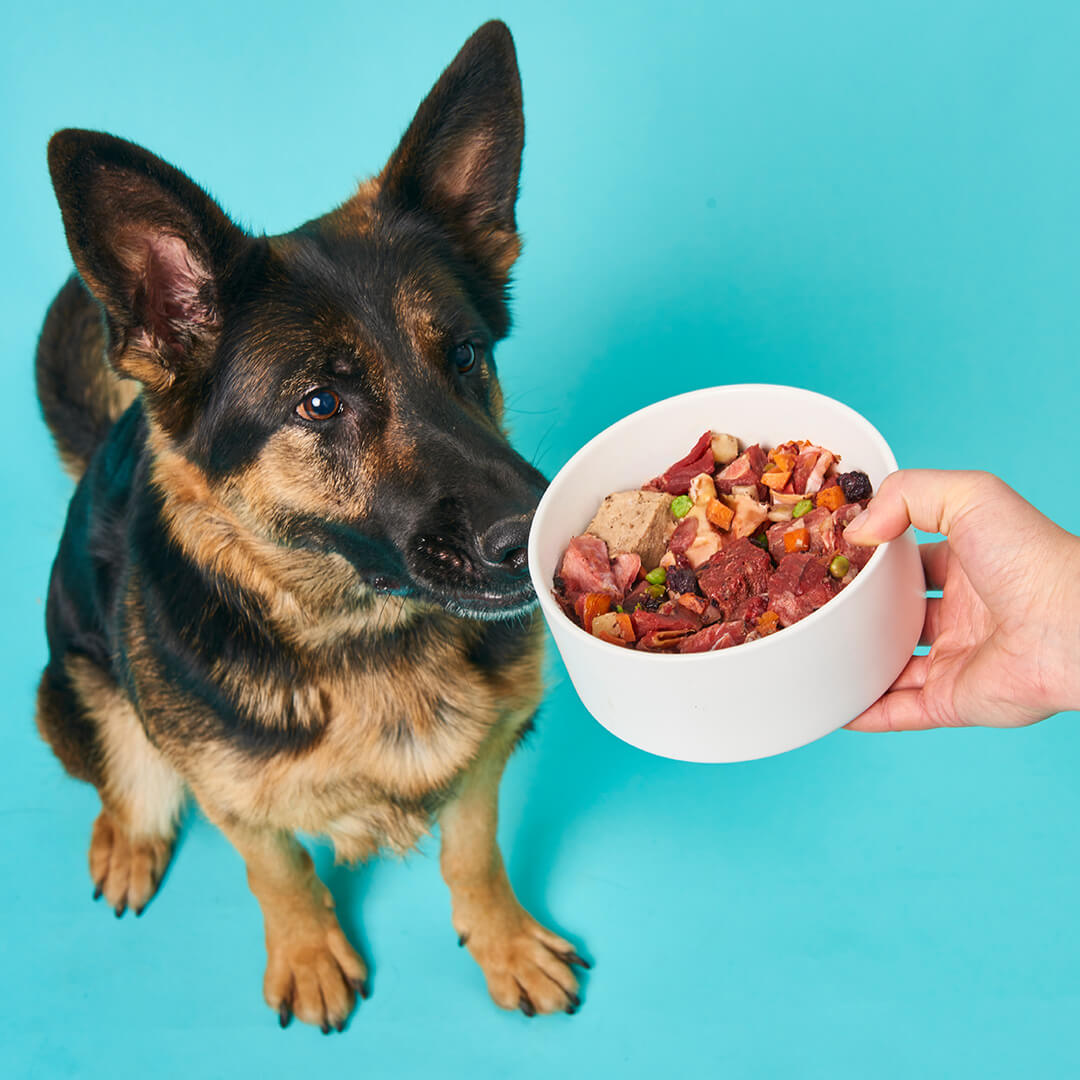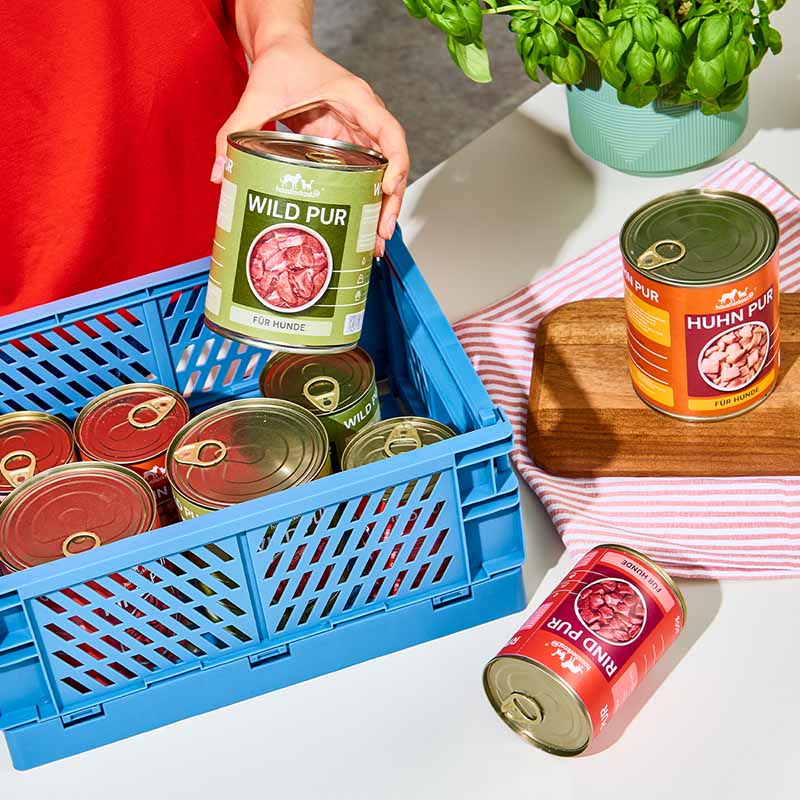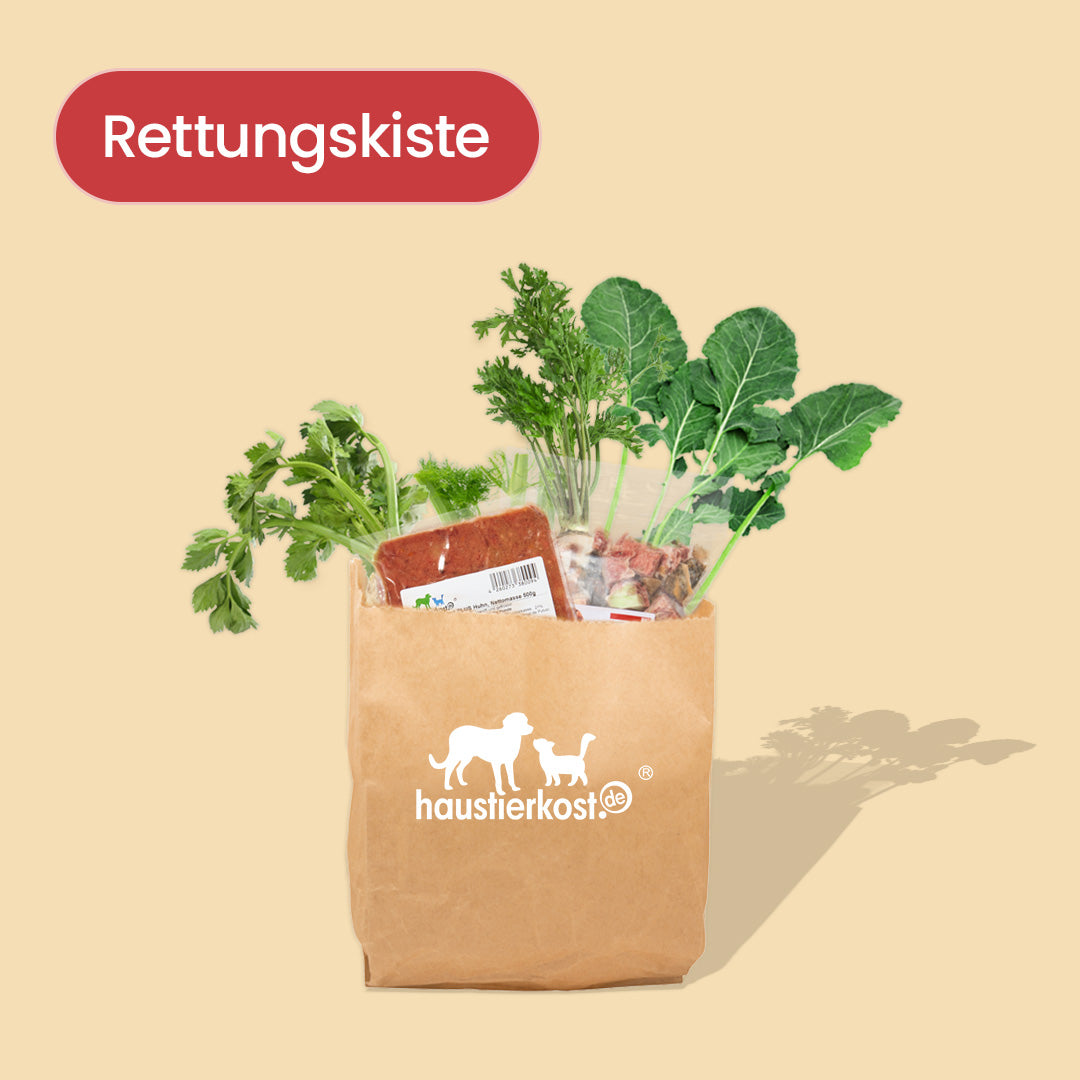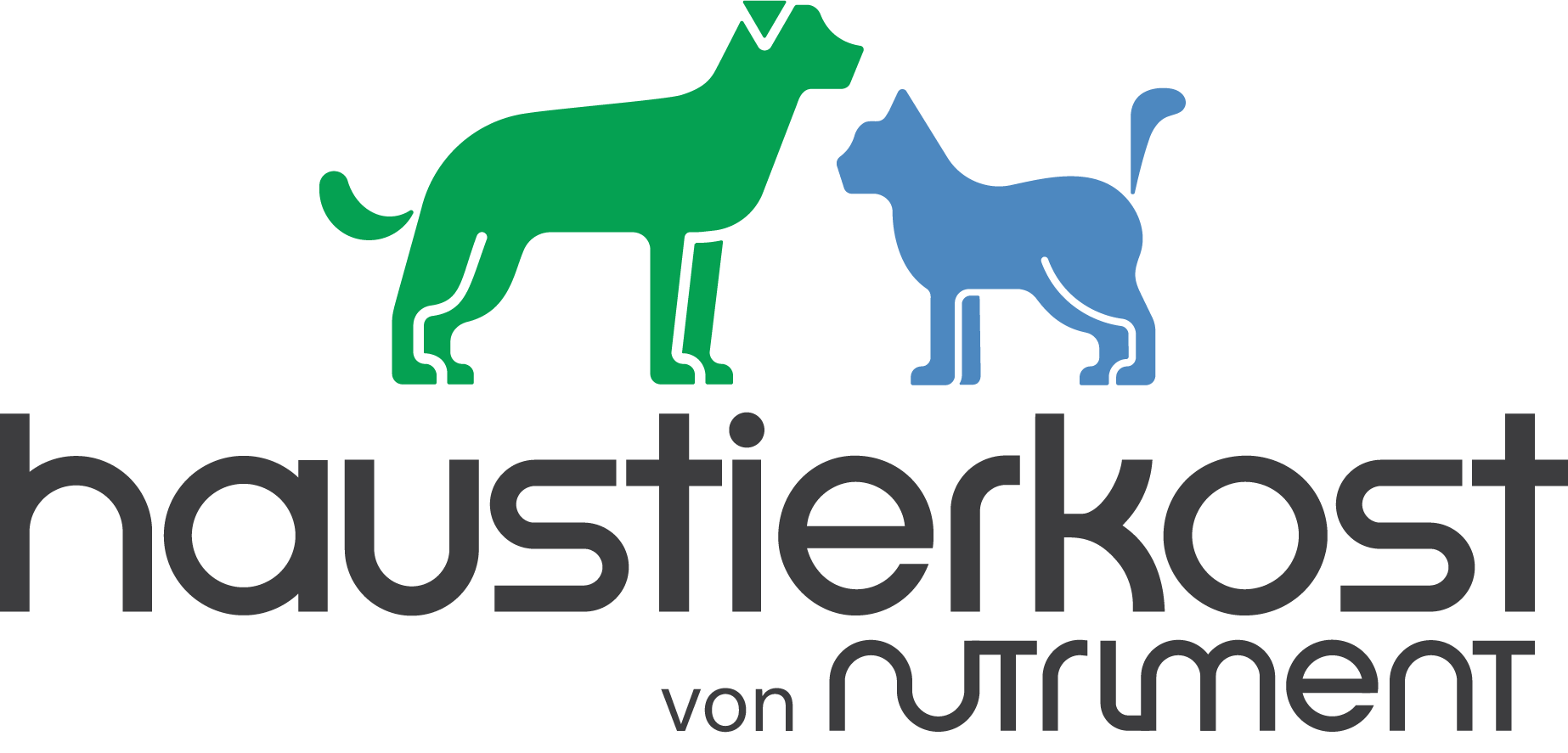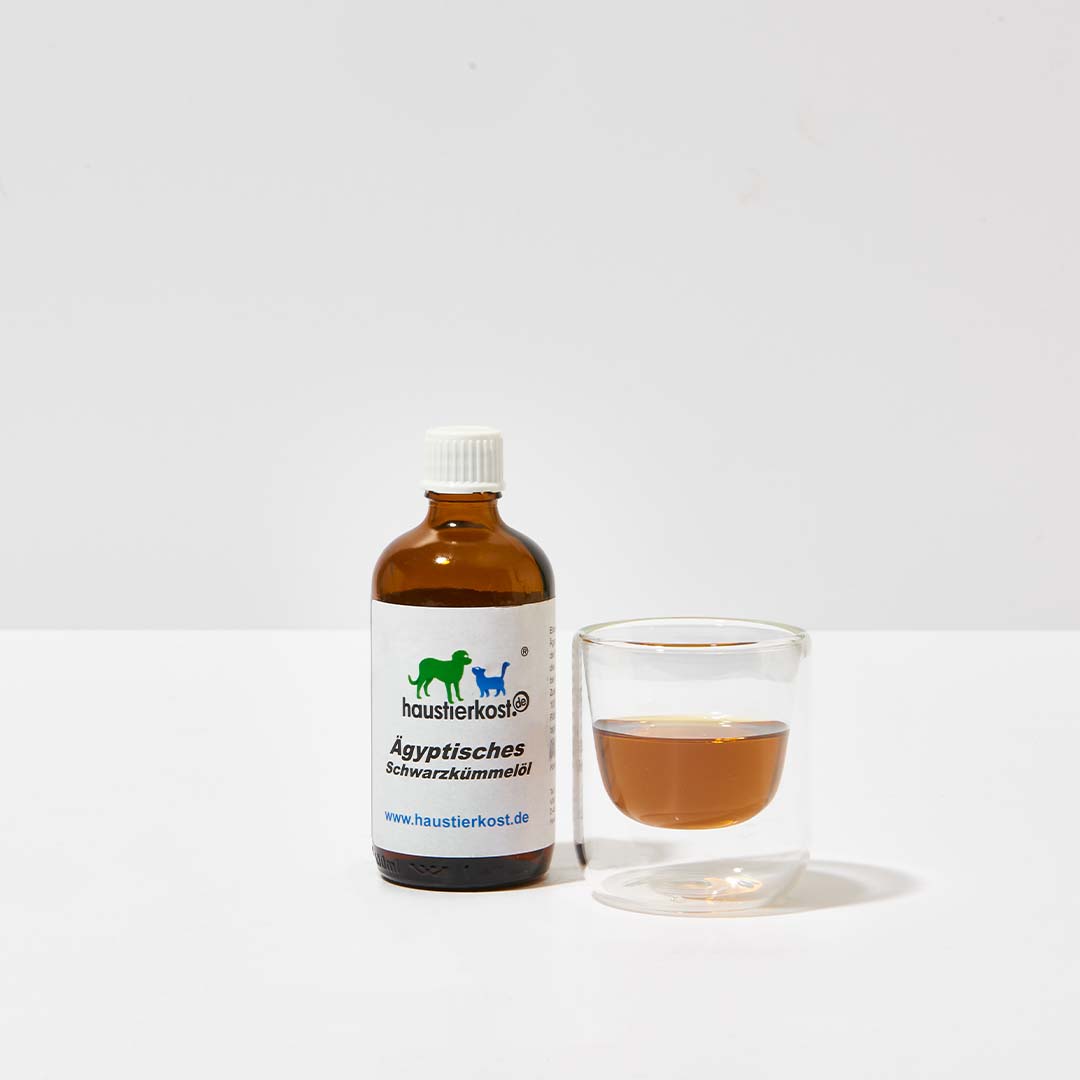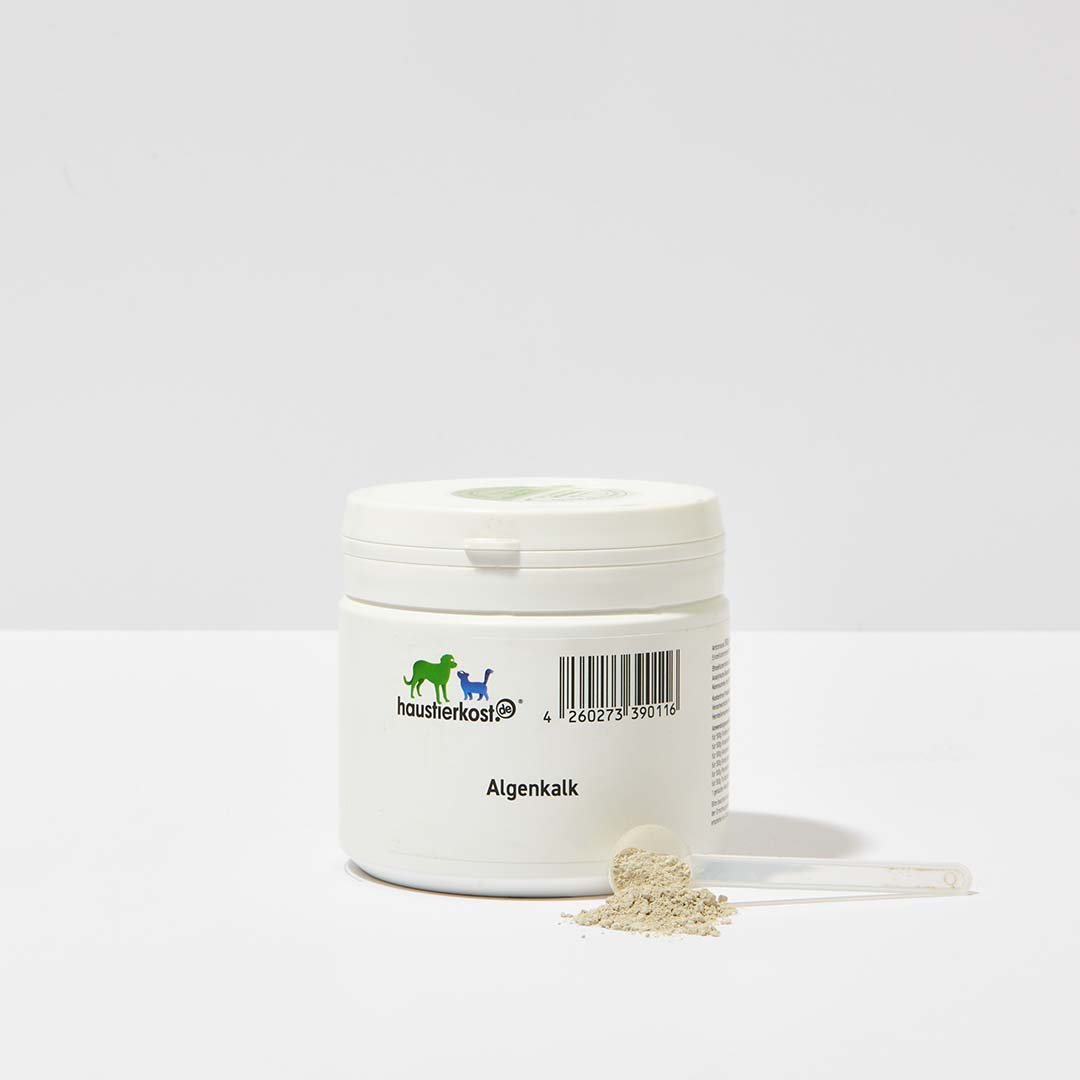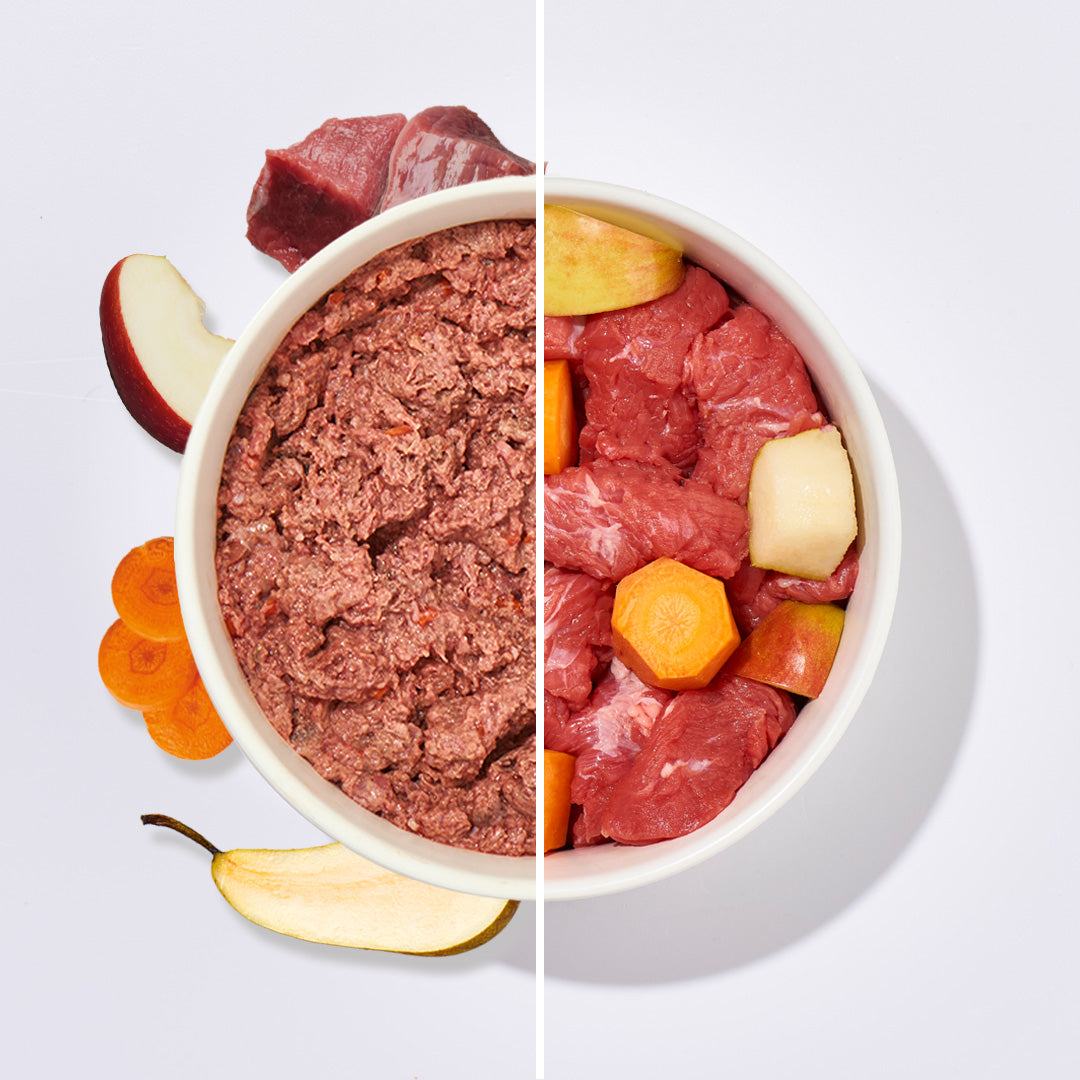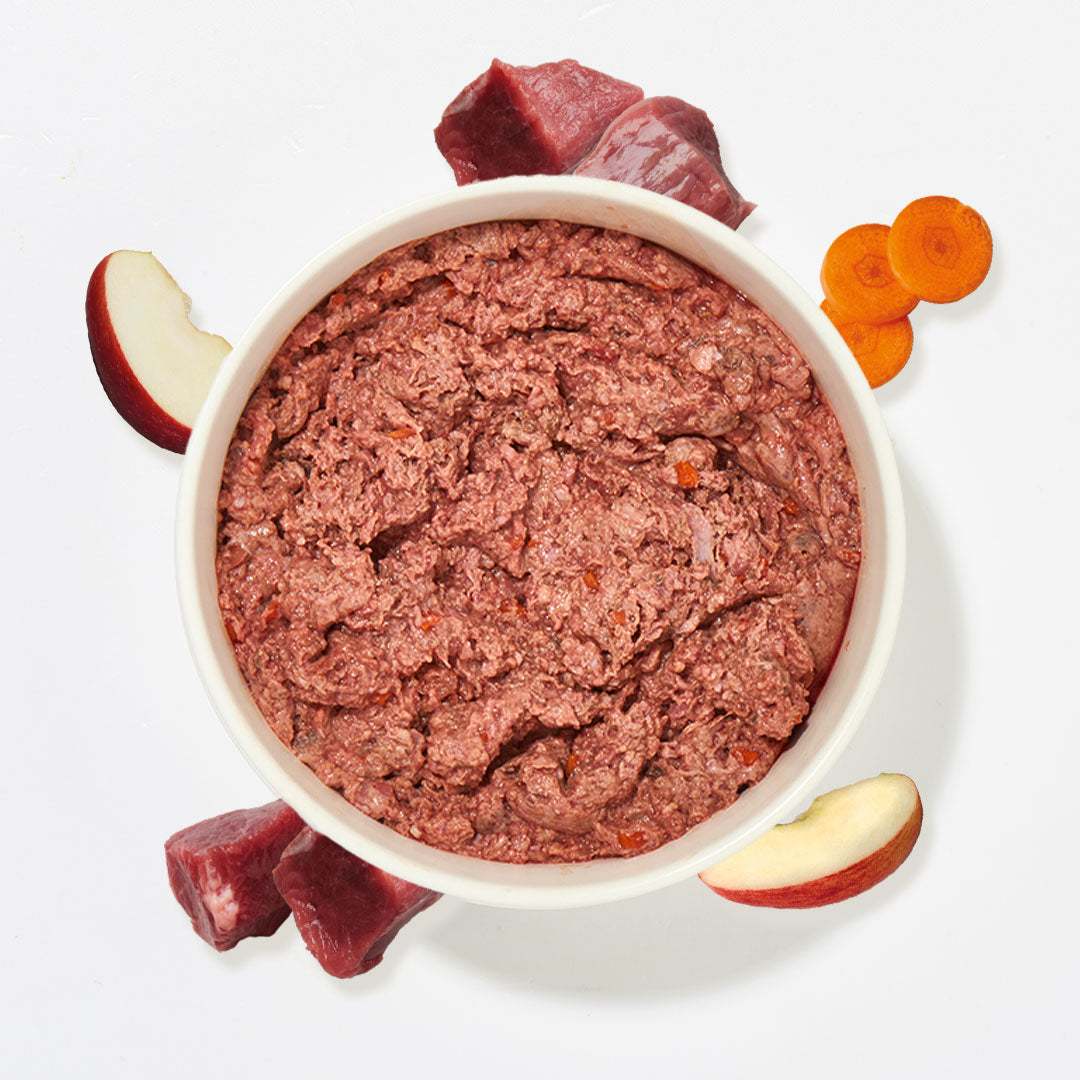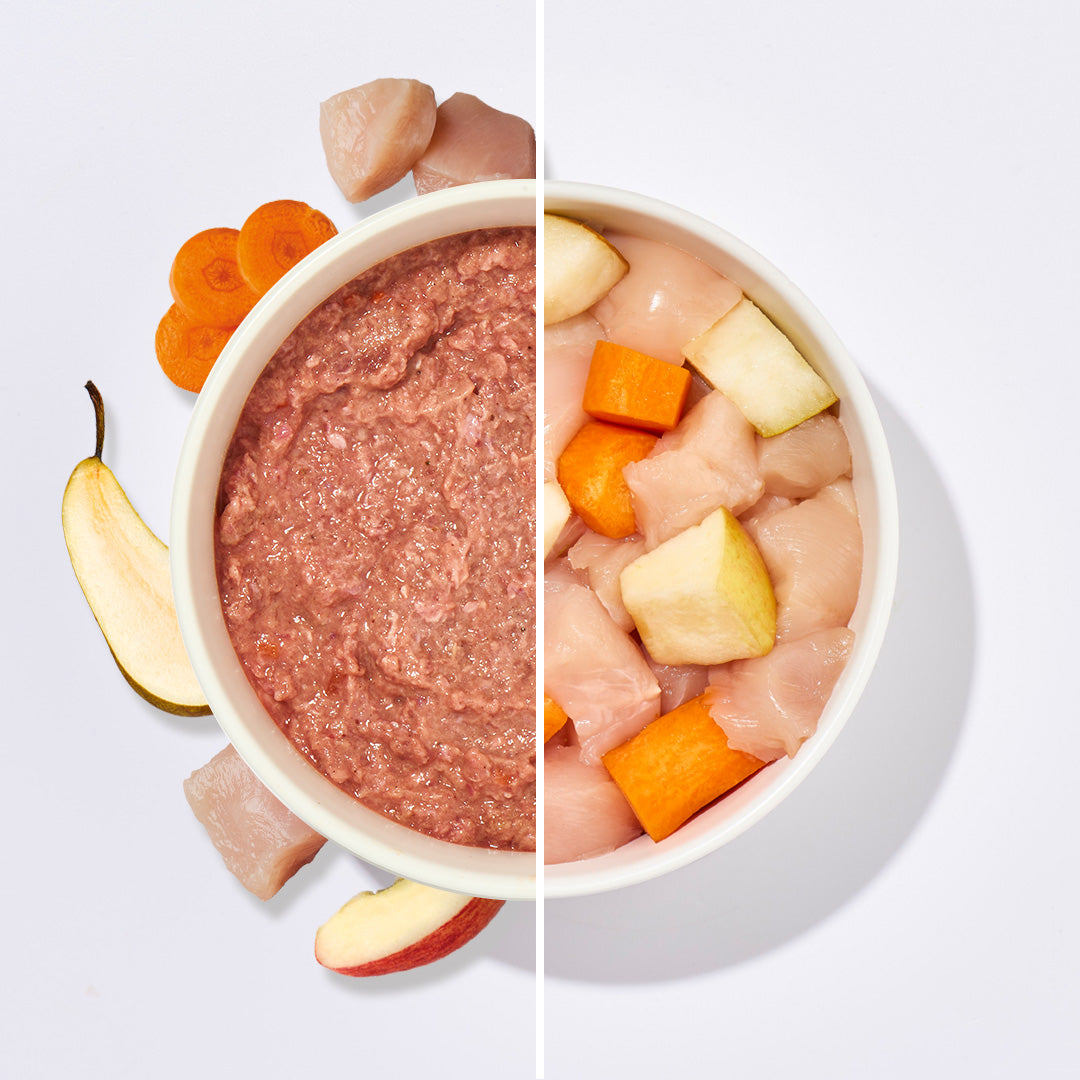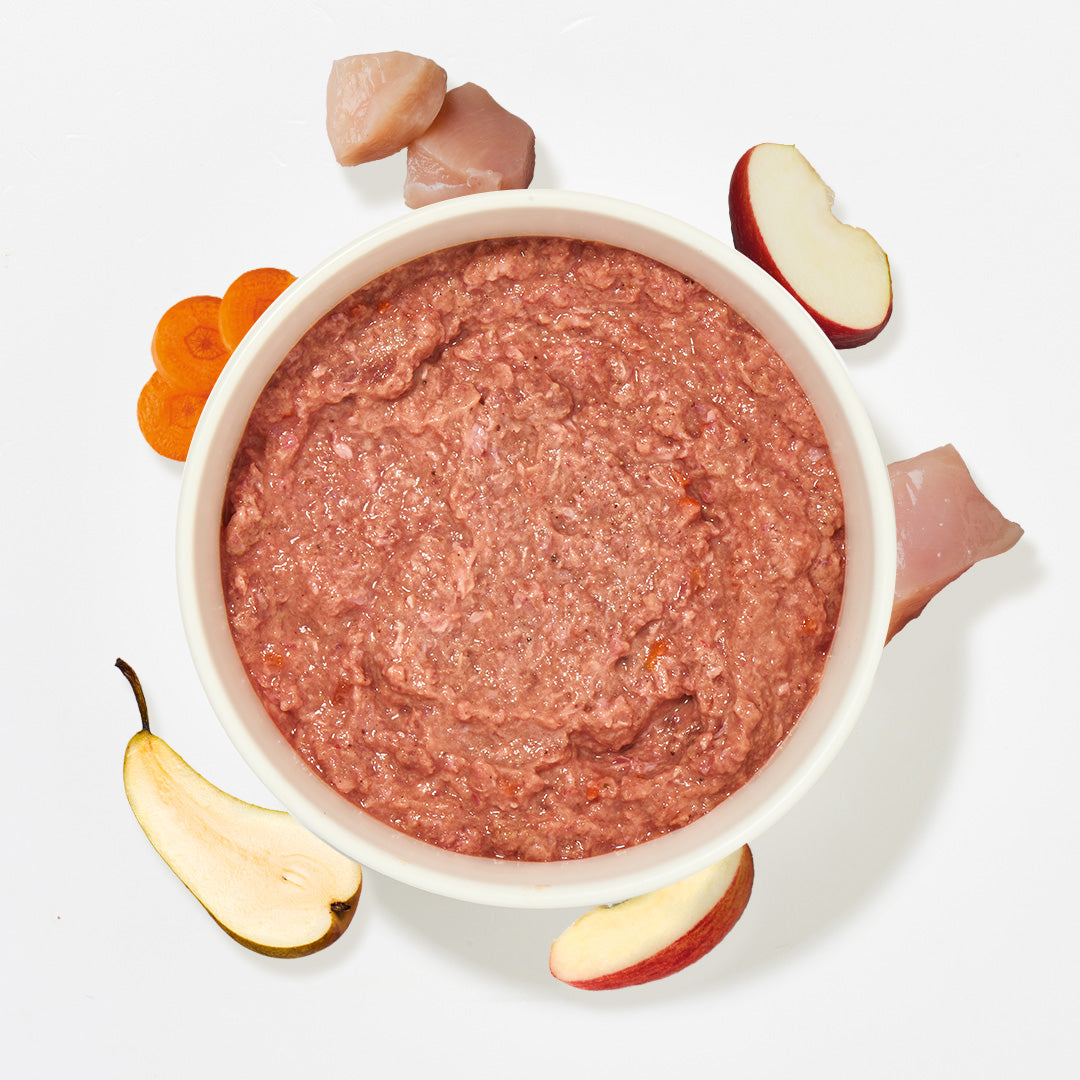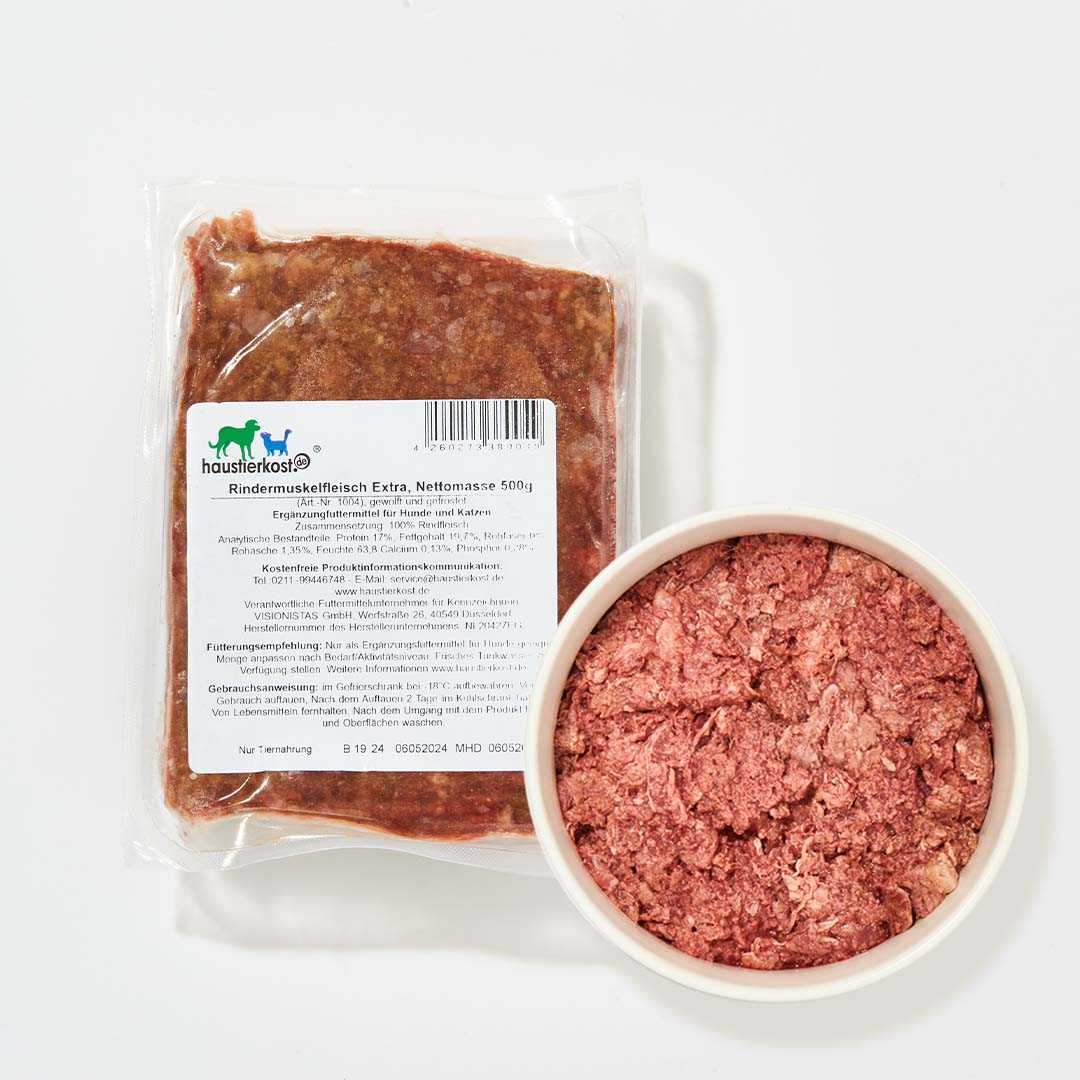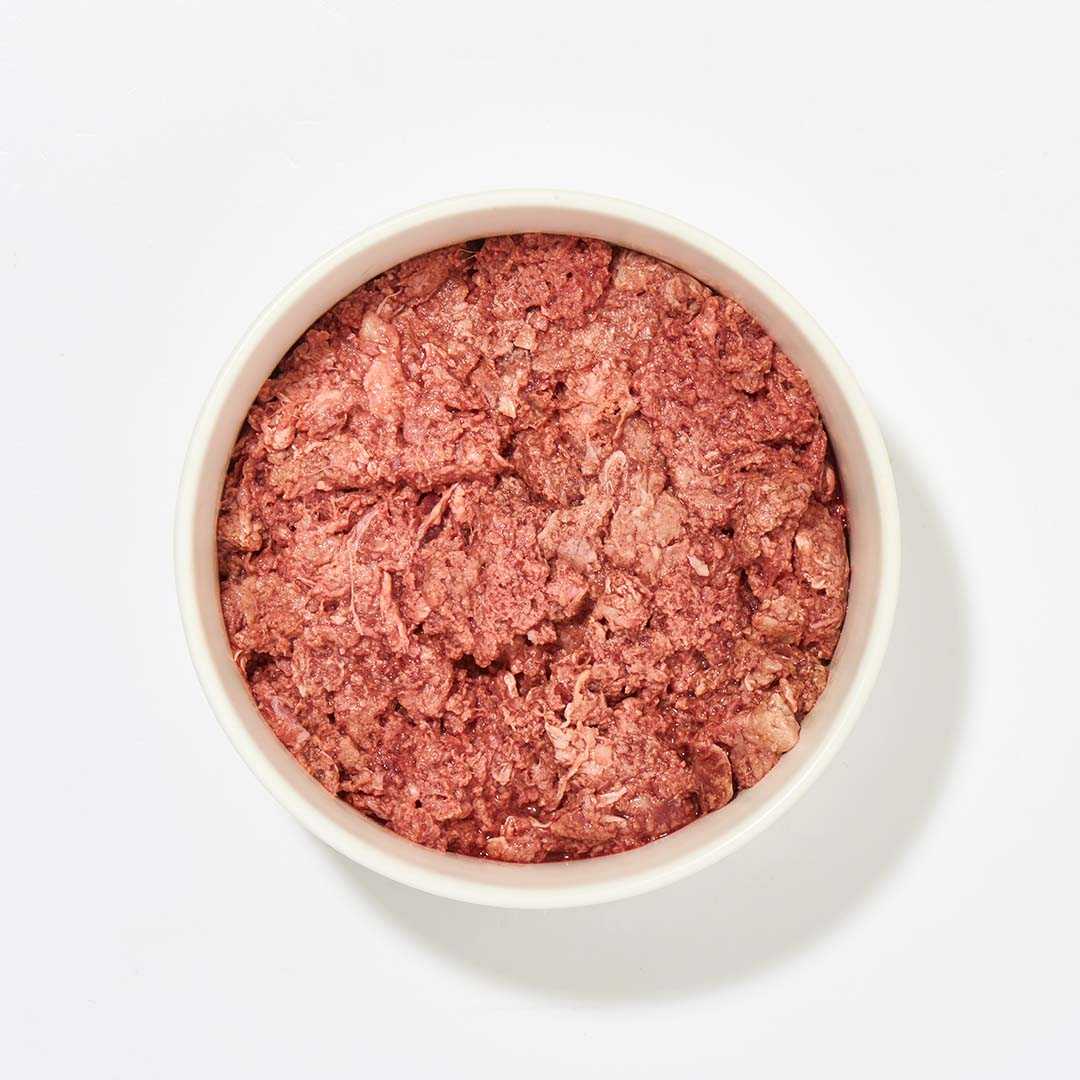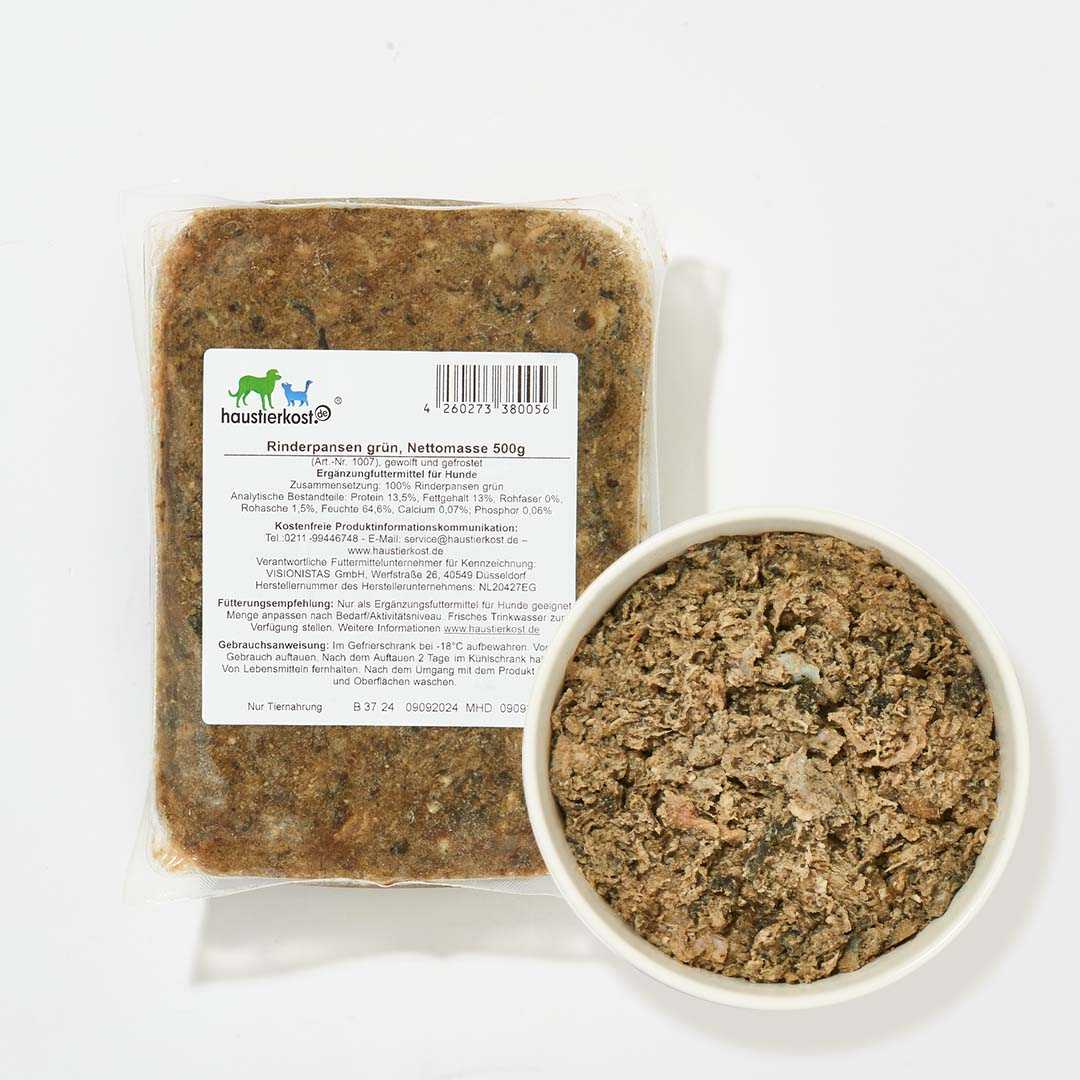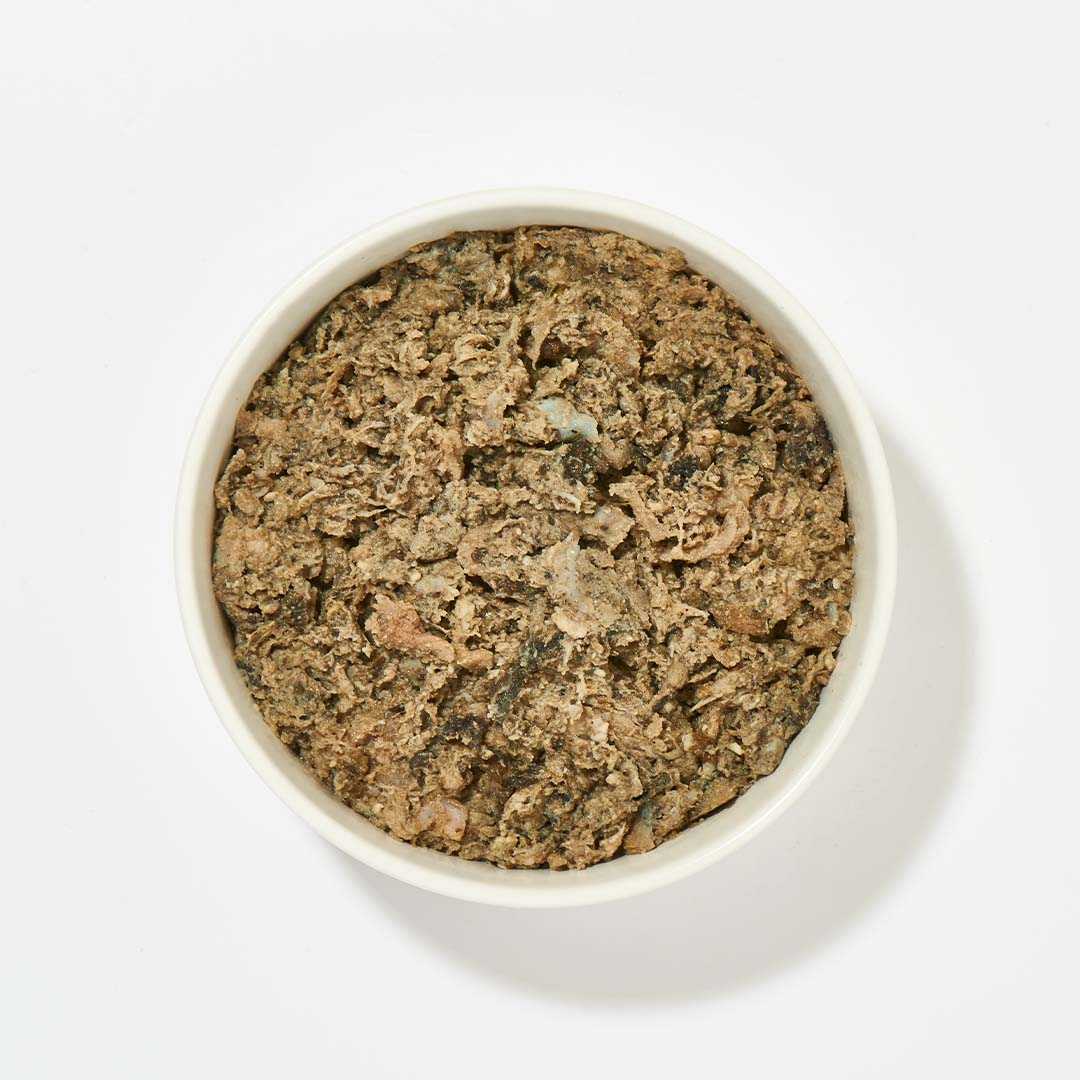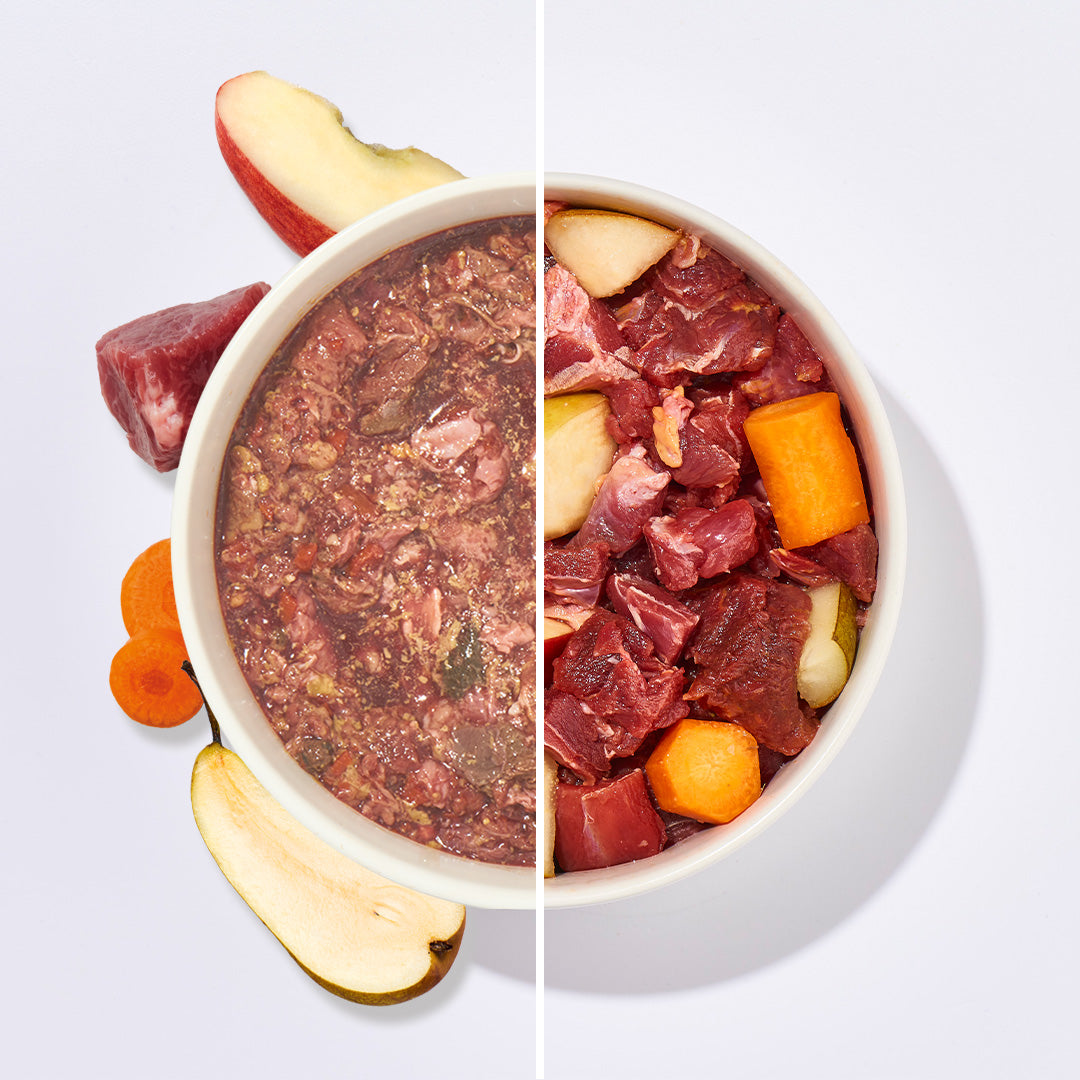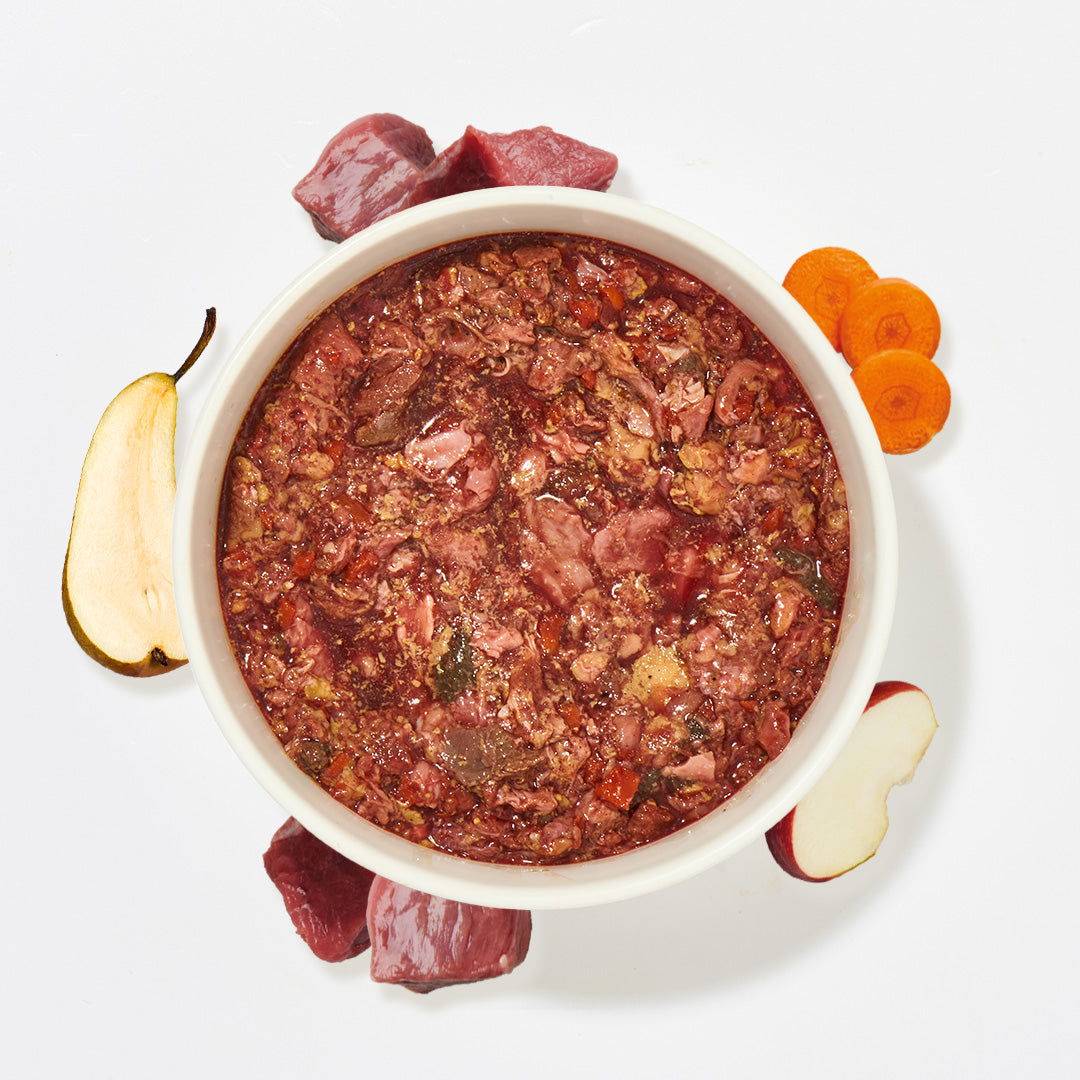Breed-specific dog food: Yes or No?
Breed-specific dog food – is it really necessary? Yes!
Because different dog breeds have different needs, dog food should be tailored to your dog's physical characteristics and lifestyle. Find out here what the differences are in feeding dogs and how important individual feeding is for your dog.
Contents
- Why specific feeding is important
- dog food for large dogs
- Small dogs: energetic and demanding
- dog feeding in general

Why specific feeding is important
Dog breeds differ not only visually, but
also in their feeding requirements. While a German Shepherd stands out for its versatility and high energy requirements, the Shih Tzu is characterized by its silky coat, which requires special care.
Some breeds are naturally more active and require
high-energy meals, while others like the Beagle or Golden Retriever tend to be overweight. It is therefore important to cater to the dog's needs to avoid both underfeeding and overfeeding, while still providing all the essential nutrients.
In addition to the breed, the dog's size and weight also play an important role - because this is what determines its daily needs.
food for large dogs
Every adult dog basically needs the same nutrients, regardless of its size. However, there are clear differences during the growth phase: Puppies of large breeds have special needs because they need to gain weight more quickly. While small breeds increase their birth weight by about 20 to 30 times, large breeds reach
almost 100 times. But feeding during growth is not the only important factor, as feeding remains a key factor for the dog's health and well-being throughout its life.
Large dog breeds have specific nutritional requirements. Their metabolism is slower, so they need to be fed less frequently in relation to their weight. However, care must be taken as large dogs tend to gulp down their food quickly, which can cause digestive problems. One way to prevent this is to divide the daily ration into two smaller meals and use our special anti-gulping bowls .
Another cause of digestive problems in large dog breeds is that their gastrointestinal tract is shorter in relation to their body than smaller dogs, which means they defecate more frequently and the stool quality is often poorer. In addition, large dogs excrete more sodium and water into the large intestine, which increases the water content in the stool.
To prevent such digestive problems, it is not only important to have a balanced nutrient composition, but also to pay particular attention to the digestibility and tolerability of the food. This can not only increase well-being, but also ensure long-term health. If you are unsure about feeding your large dog, our BARF calculator or our trial packages can help you.
Small dogs: energetic and demanding
Small dog breeds may have small mouths and bellies, but their energy needs are considerable. Their food recipes are specially
tailored to meet these needs. High-calorie food with lots of proteins, fats and easily digestible carbohydrates provides the necessary energy for their fast metabolism. Additional B vitamins support the metabolic processes. The size of the food should also be tailored to their mouths. Special food for small dogs, such as our BARF Komfort Plus Taler or our Köttbullar , offers an ideal solution.
In order to stabilize the energy balance of small dogs, it is recommended to divide the feeding into several small meals –
ideally two to three per day. This keeps their energy level constant and they are not overwhelmed. The dog should also be fed in a quiet environment, as this can prevent them from gulping down the food. Our anti-gulping bowl can also help small dog breeds with this problem.
dog feeding in general
In general, it is important to regularly check the overall condition and therefore the body of your dog to avoid being underweight or overweight. Too much weight puts strain on the joints and increases the risk of diseases such as diabetes or heart problems. If you are unsure about feeding or BARFing, our BARF calculator can help you.
Proper feeding is the key to a long, healthy and happy life for your four-legged friend – this is also proven by our
study .
